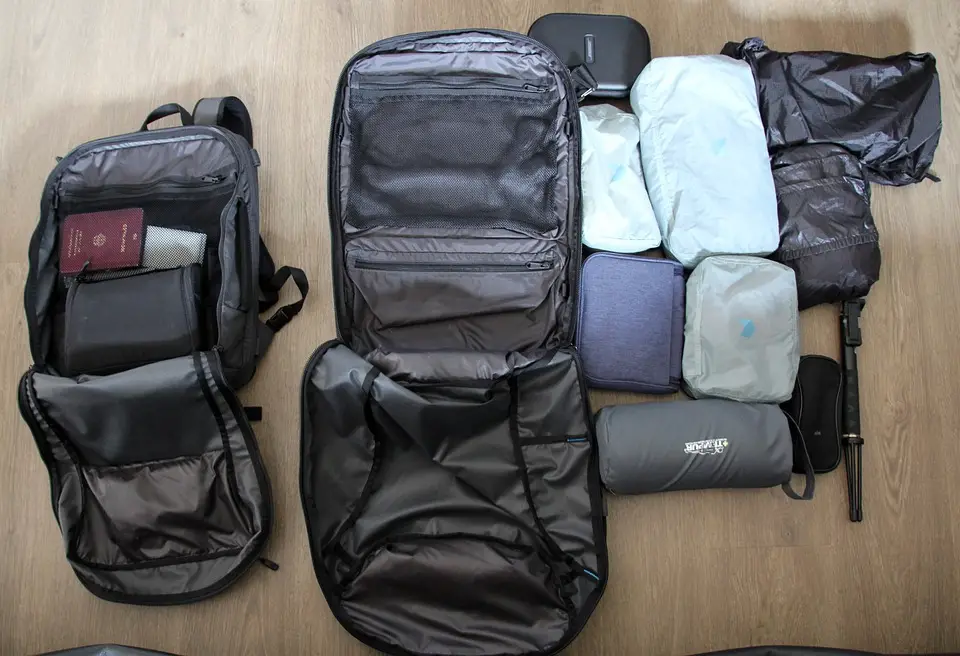As Poslovni Dnevnik/Marija Crnjak writes, on top of all of the above, the Republic of Croatia has numerous advantages compared to first-ranked Germany or indeed the Netherlands, which have a higher cost of living, and in terms of cyber security, Croatia is better than most comparable countries with a warm climate.
The weakest link for Croatia as a desirable country for digital nomads is the infrastructure, from internet speed to the (lack of) digitisation of public services, and it could be better in managing the pandemic.
NordLayer’s Global Remote Work Index (GRWI) is otherwise tool for digital professionals used to assess and compare the attractiveness of 66 countries as remote work locations, based on four sets of criteria.
Cyber security, economic and social conditions, digital and physical infrastructure and the response to the global coronavirus pandemic are looked into (covering 10 percent of the total criteria), and only highly reliable and up-to-date data and analyses are used in determining GRWI.
Remote work, which a few years ago seemed to do nothing but raise eyebrows, is now becoming a serious trend in the way people travel and live, partly due to the global pandemic. The results of a Gartner analysis show that hybrid and remote work increased after the outbreak of that unprecedented public health crisis.
Back in pre-pandemic 2019, remote employees accounted for 17 percent of the total number of employees across the world, last year this share stood at 32 percent remote and 51 percent hybrid work, and the findings show that by the end of 2022, more than half of the employees across Europe, as many as 52 percent of them, now work remotely.
Judging by the GRWI index, Europe is the best place for engaging in remote work, with as many as 8 of the 10 leading countries on this ranking, led by Germany, followed by Denmark, the USA, Spain, Lithuania, the Netherlands, then Sweden, Estonia, Singapore and France.
European countries rank highest in cybersecurity thanks in part to GDPR, relative political stability, reasonable local prices, reduced travel restrictions and less need for work visas.
Most of the countries with high English proficiency are also some of the most expensive, such as the US, the UK, Australia, the Netherlands, Denmark and Germany. The cost of living factor greatly reduces the viability of telecommuting in these countries. NordLayer declared Lithuania a hidden gem for remote work, which was in the top 5 on their list and in 4th place in all of Europe.
Lithuania continues to attract the attention of business investors, making it a fast-growing centre for workers in various fields. This country with probably the fastest internet on the planet ranks second in terms of cyber security, and in terms of internet accessibility, it ranks third in the GRWI ranking.
The best place in the Mediterranean has been occupied by Spain. As an extremely strong tourist destination, it is in 10th place in terms of safety, and the country’s attractiveness was not damaged by the shortcomings in terms of internet availability, a very average knowledge of English and the cost of living.
Croatia is even better than Spain in terms of cyber security, which is why it is in a high 6th place out of a total of 66 countries in the entire world. This aspect also includes the legal capacity to protect remote workers, their data, privacy and online work.
Croatia also holds a high position in the aspect of social and economic attractiveness, in which the country is in 11th place on the GRWI scale. This means that the country has political stability, affordable local prices and is very accessible. The population of such destinations is open and communicates easily in English. Croatia is also helped by its tourist attractiveness.
Co-working spaces with high-speed internet are essential for remote workers and digital nomads, and good general infrastructure is essential for leading a comfortable life, NordLayer claims. That’s where Croatia continues to be the weakest, stuck in an unenviable 43rd place.
The fact that the Republic of Croatia still has a lot of work to do in this segment is shown by the very recently published Economic and Social Digitisation Index for 2022, according to which Croatia is in 21st place among the 27 EU member states.
As pointed out in the report issued by the European Commission (EC), despite the good results in digital skills, there is still a shortage of experts in information and communication technologies across Croatia, which significantly affects the integration of digital technologies in companies. In addition to that, although Croatia has some very good results in terms of open data, this is unfortunately reduced by poor results in the field of digital public services.
For more on working remotely in Croatia, make sure to check out our digital nomads section.










